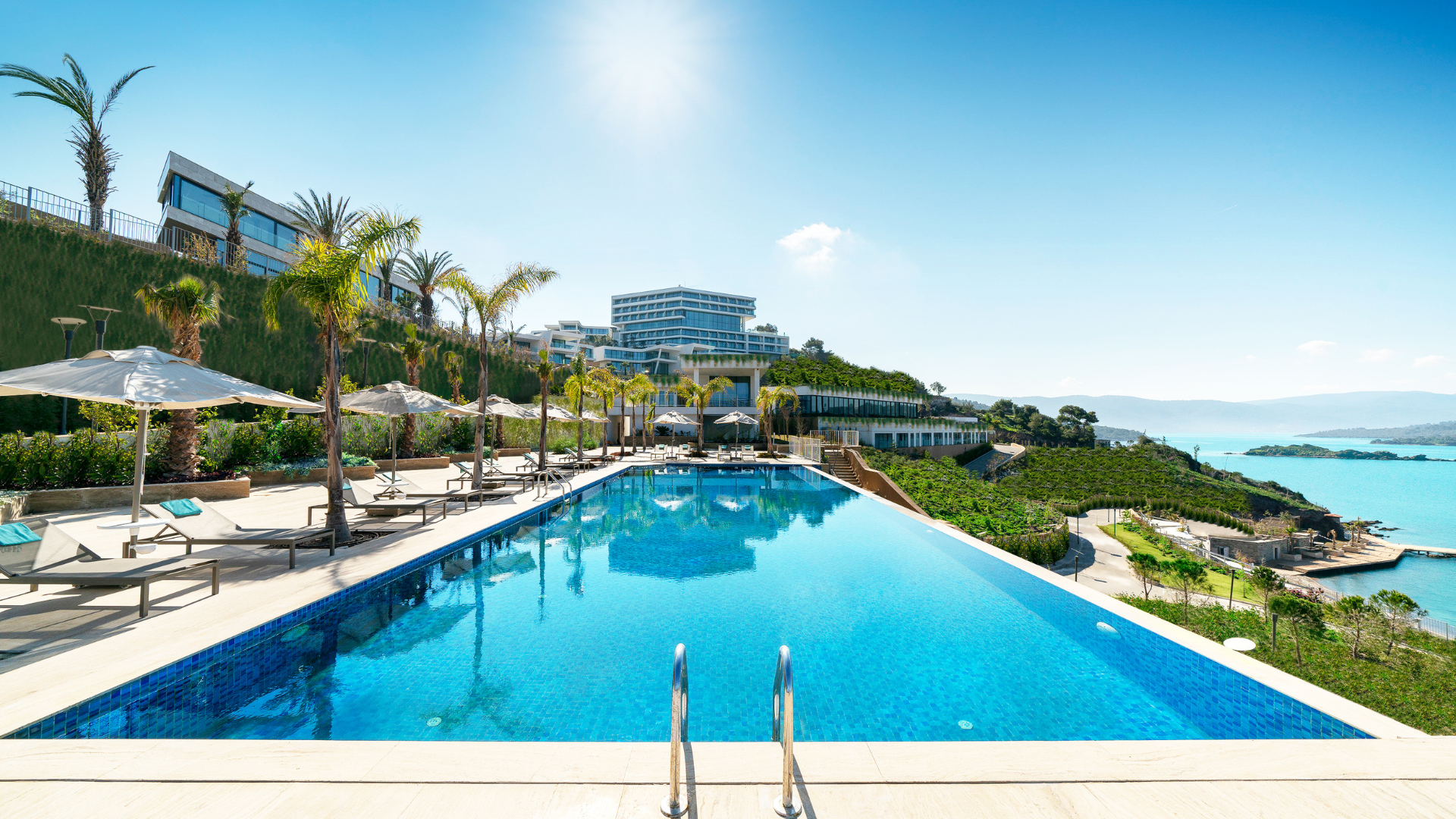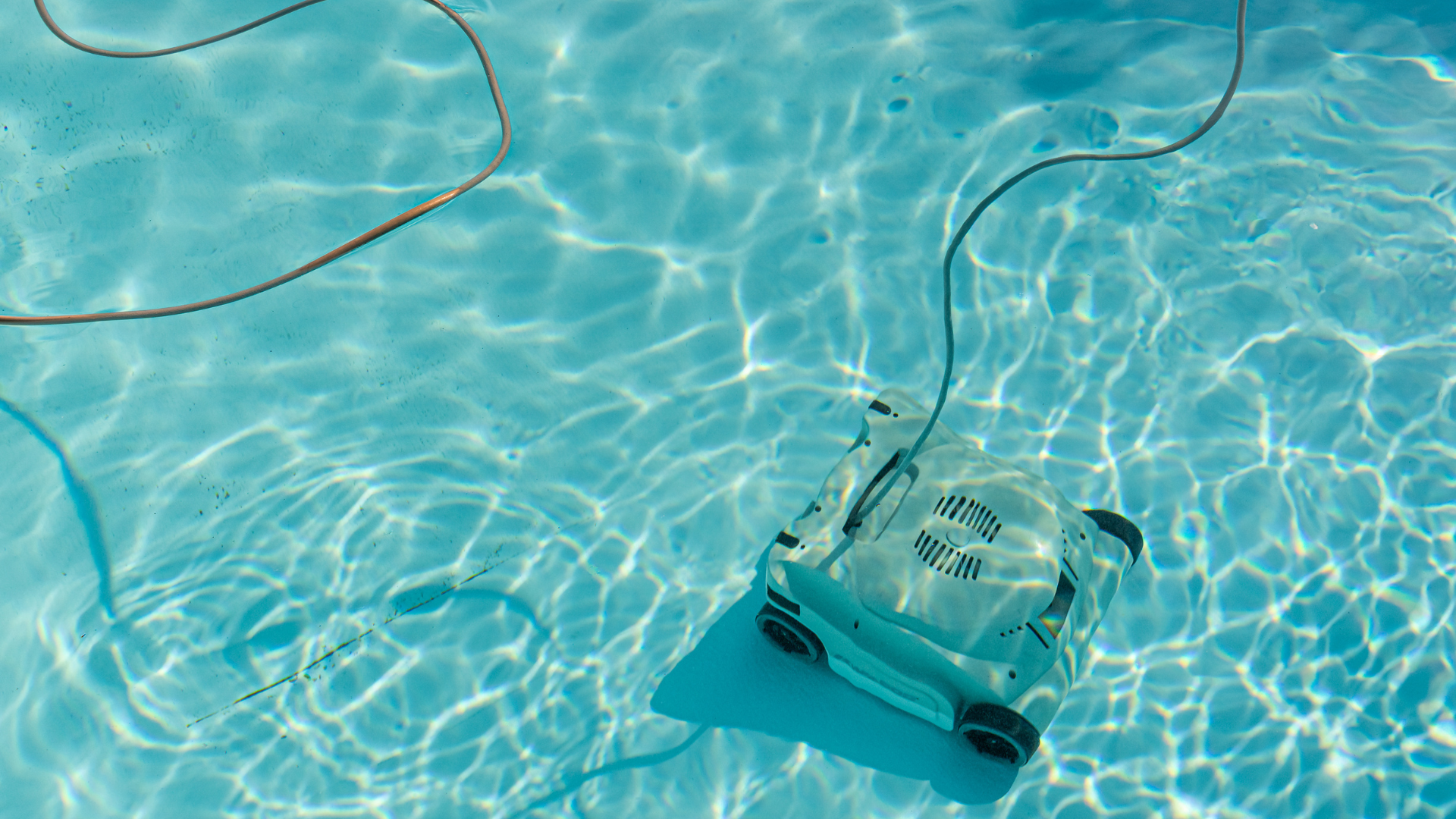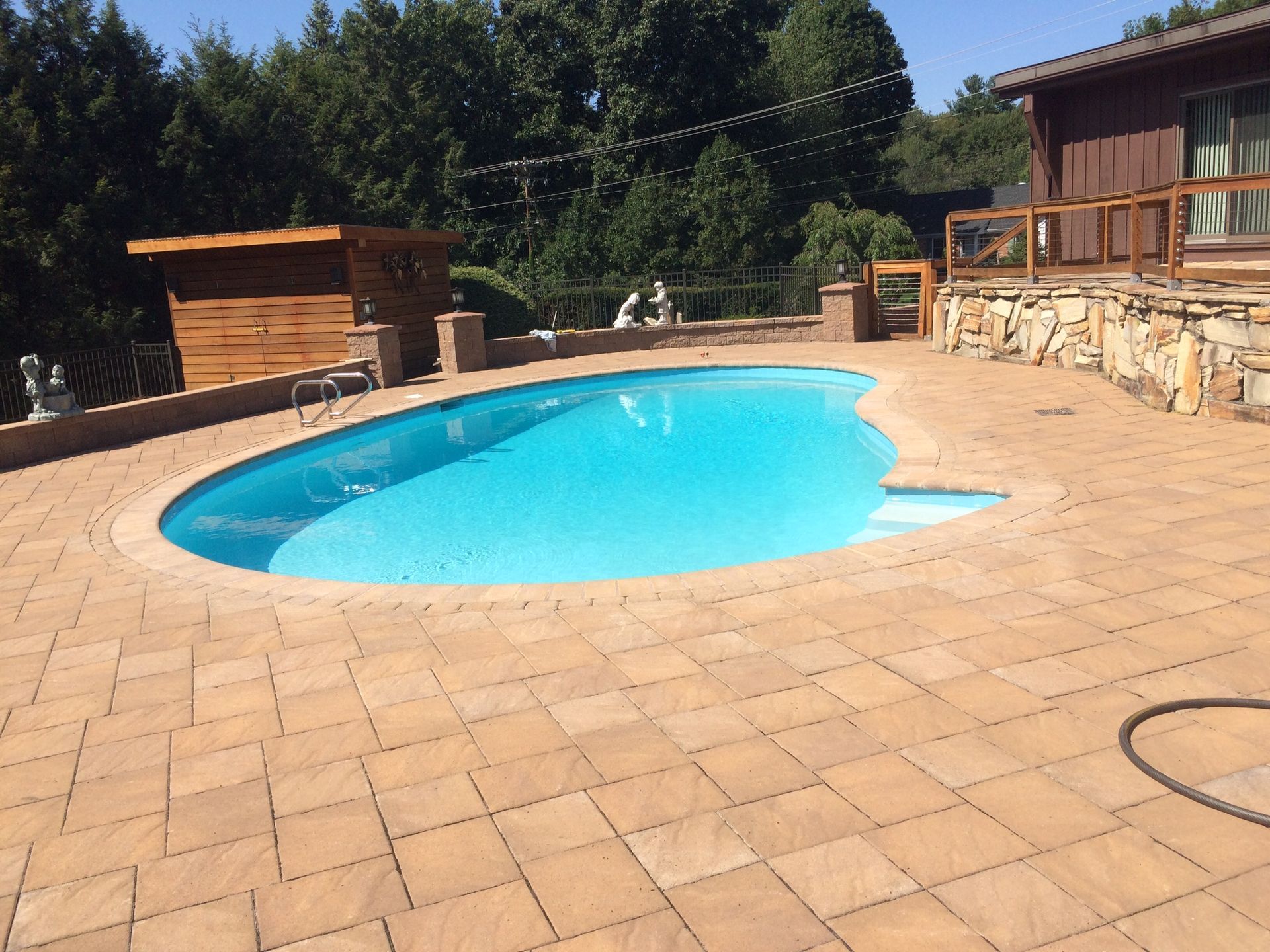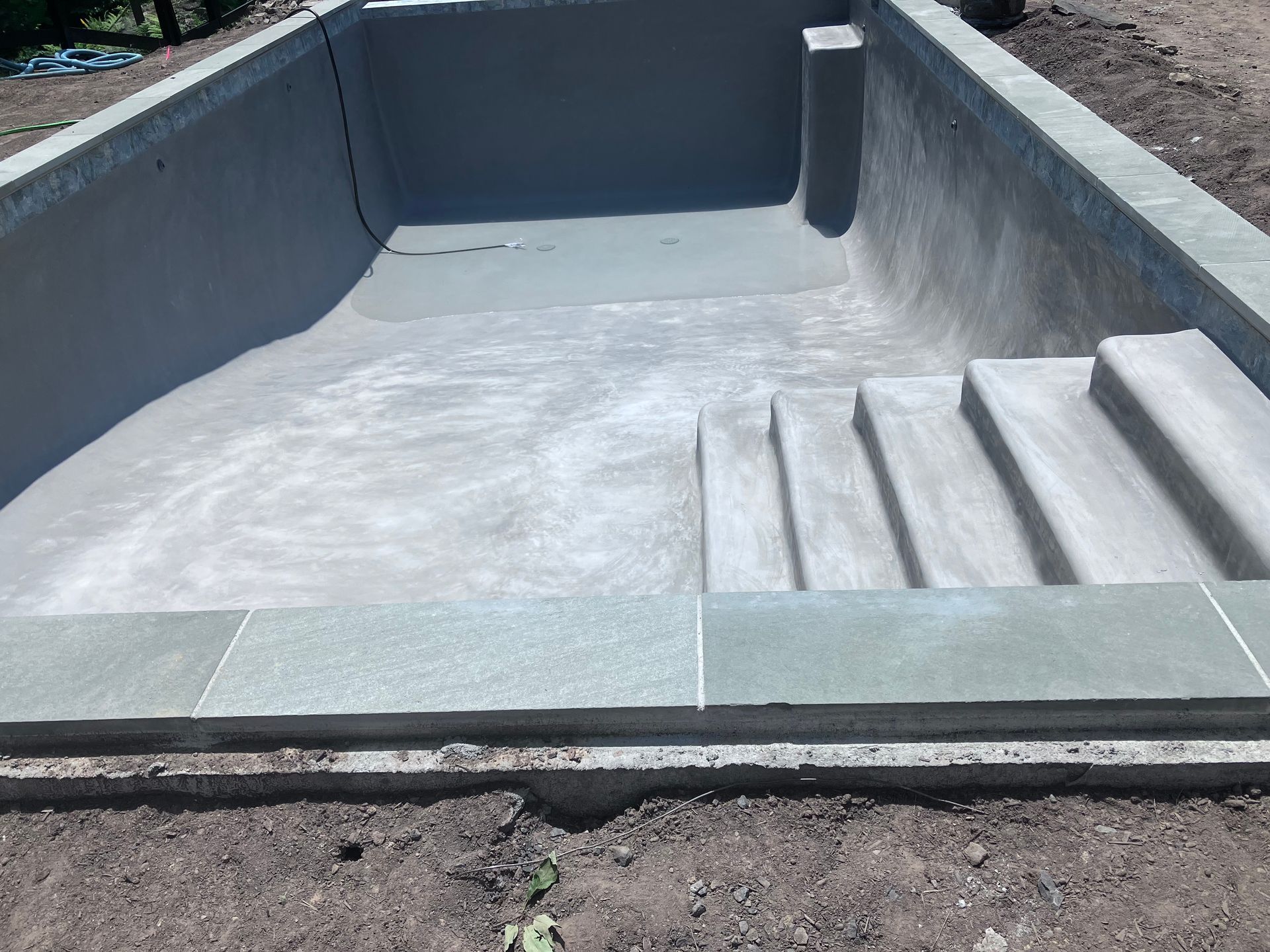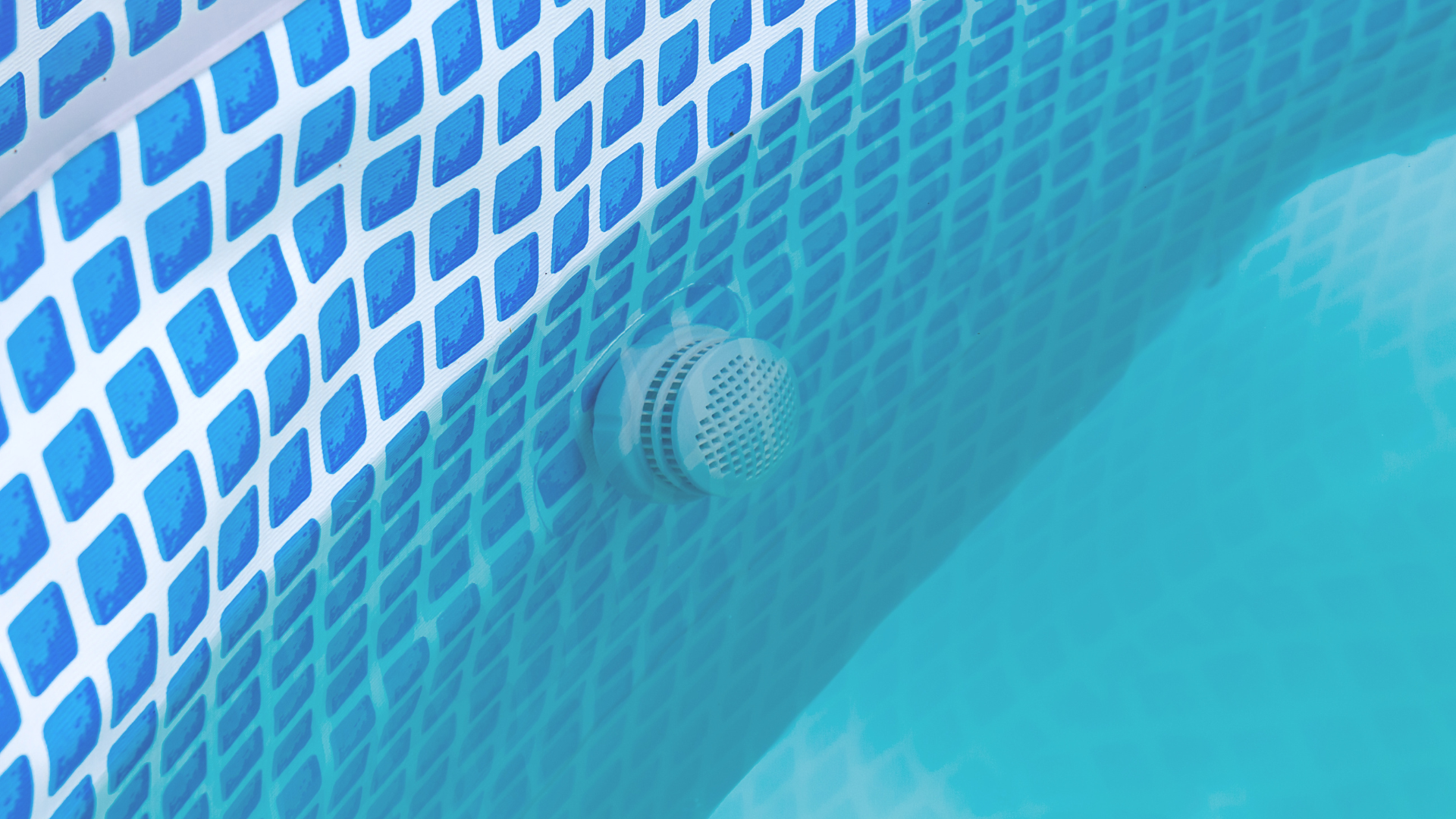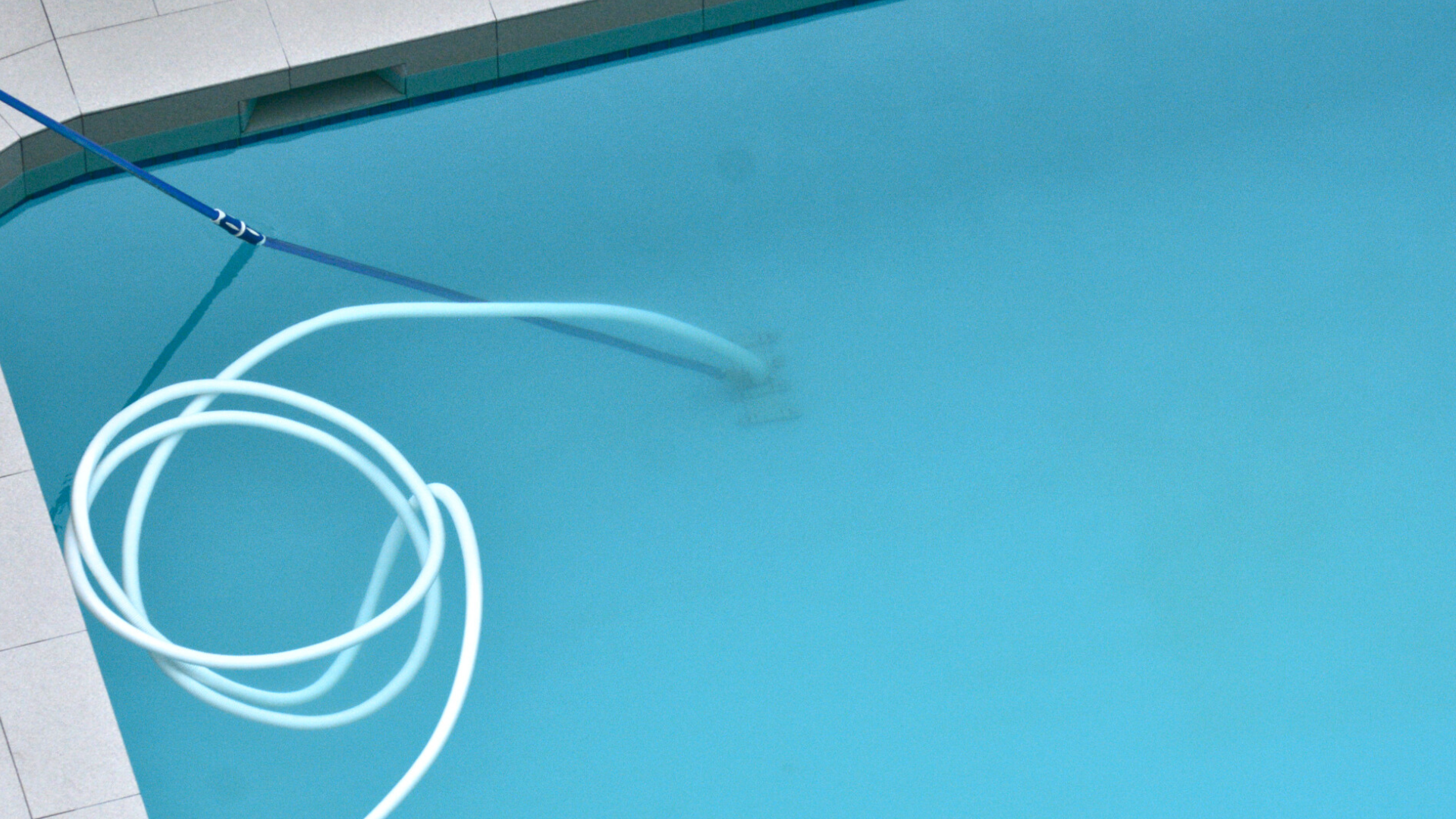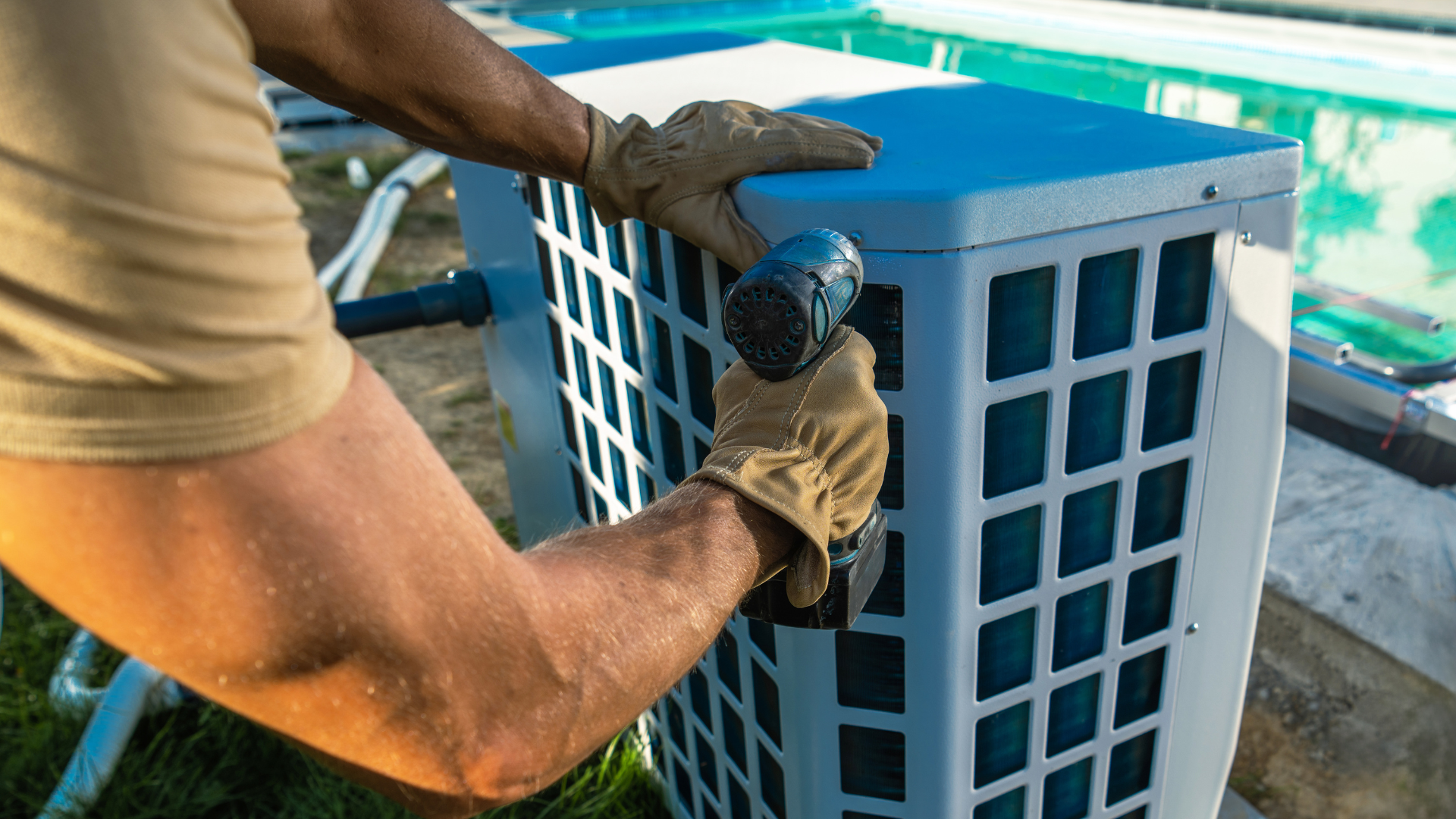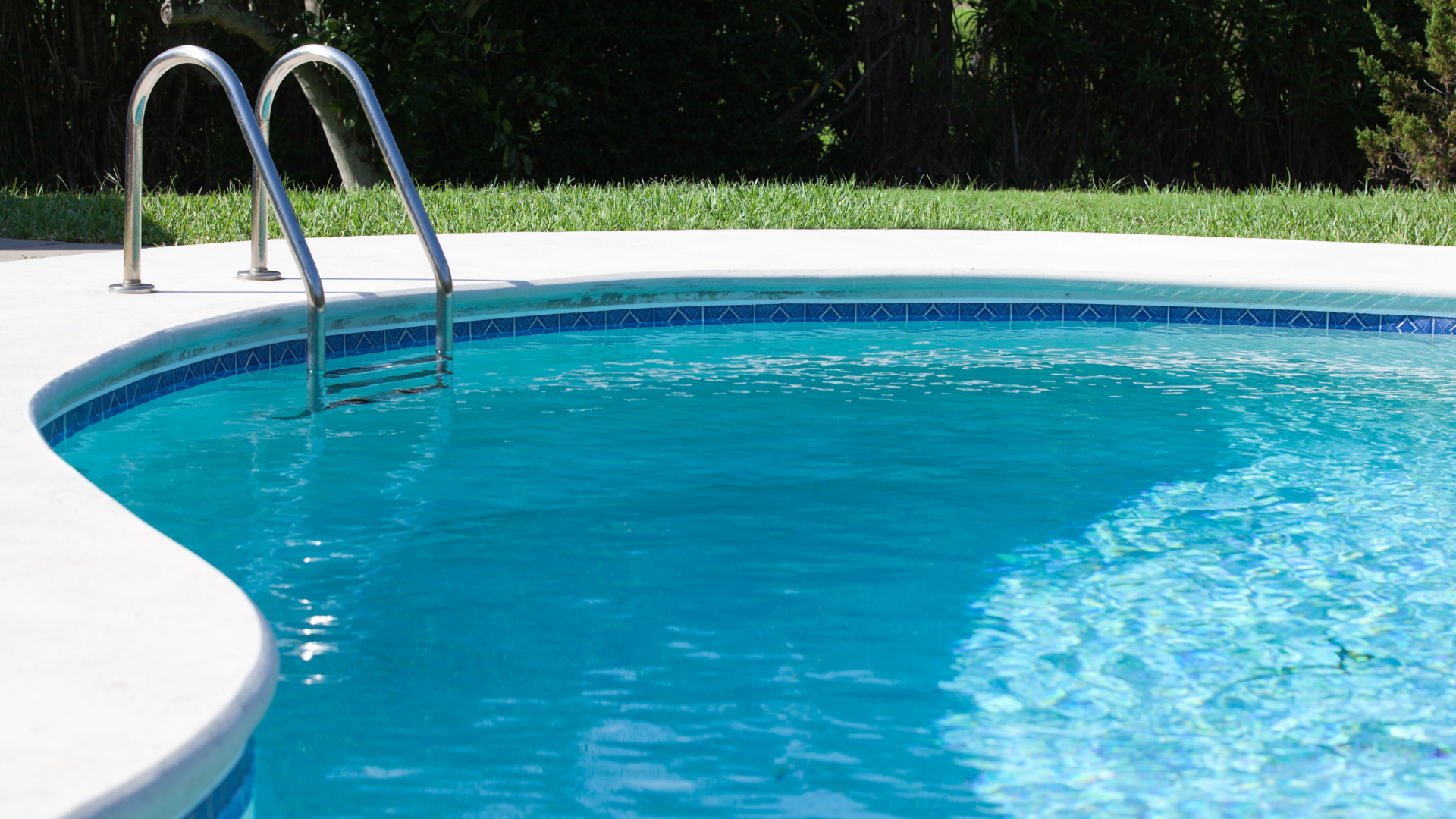The Ultimate Guide to Weekly Pool Maintenance for Busy Homeowners
Simplify Your Pool Care
Owning a swimming pool is one of the great joys of homeownership—especially in the warmer months—but keeping it clean and healthy requires consistent maintenance. For busy homeowners, weekly upkeep may feel overwhelming, but with a structured routine and professional support when needed, it becomes entirely manageable. At The Pool Chemist, we’ve helped Hudson Valley pool owners stay on top of their pool maintenance since 1977, and we know what it takes to keep water sparkling and systems running smoothly.
If you’re looking to simplify your weekly pool care routine without sacrificing quality, this guide is for you.
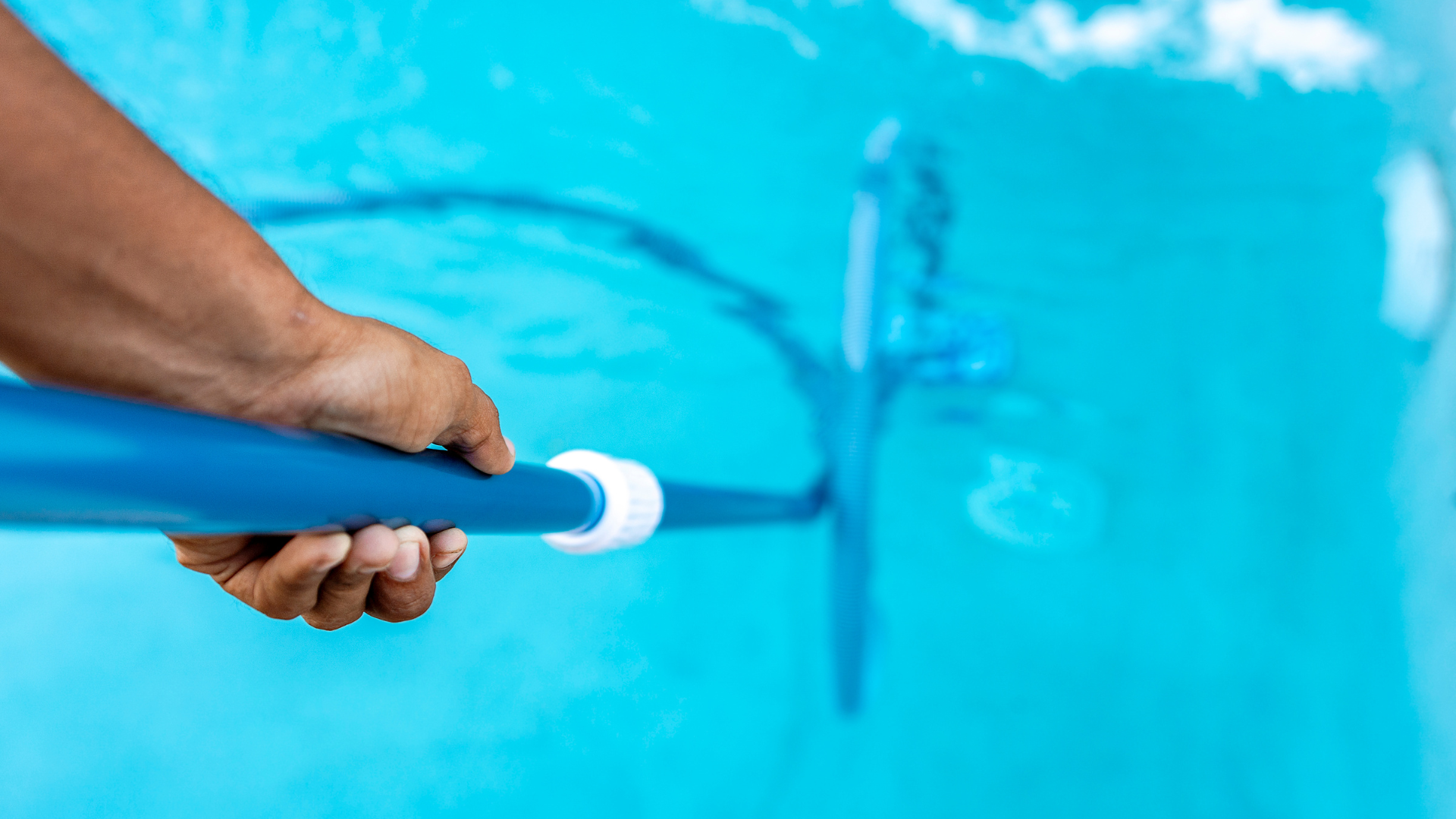
Skimming and Surface Cleaning
Leaves, insects, and other debris can quickly collect on your pool’s surface. To keep things looking clean and prevent clogs in your system, spend a few minutes skimming the surface with a net at least once or twice a week. For pools located near trees or open landscaping, this step may need to be done more frequently.
Brush Walls and Steps
Algae and dirt tend to settle on pool walls and steps, especially in areas with limited circulation. Use a pool brush to scrub down surfaces at least once a week. Pay close attention to corners, crevices, and steps—anywhere water flow is slower.
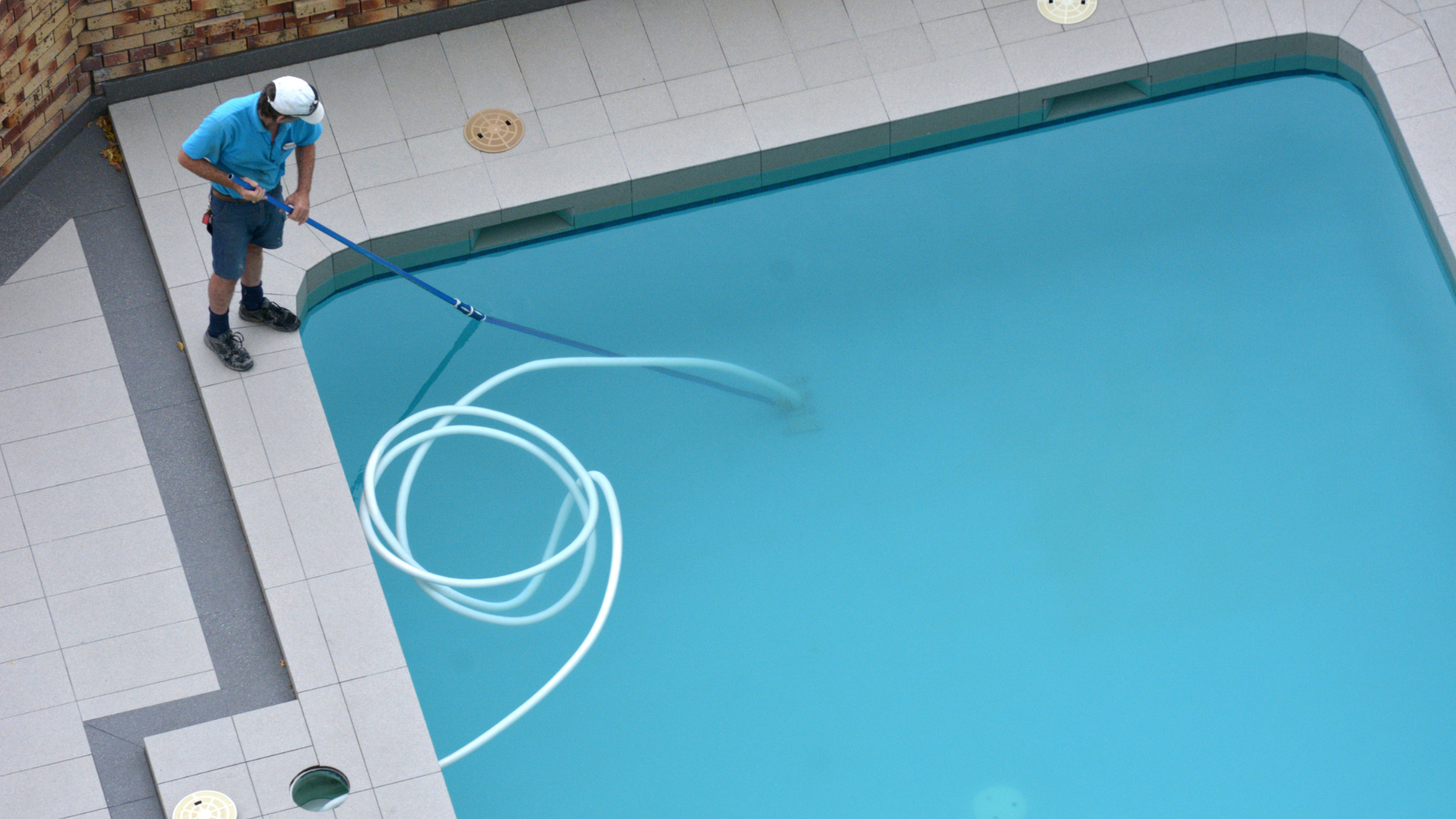
Vacuum the Pool Floor
Manual or automatic pool vacuums are essential for removing sediment and debris from the bottom of the pool. Weekly vacuuming ensures your water remains clear and helps reduce the demand on your pool’s filtration system. If you’re short on time, investing in a robotic pool cleaner can be a game-changer.
Clean the Skimmer and Pump Baskets
Skimmer and pump baskets collect debris and prevent it from reaching your filtration system. Over time, they can fill up and restrict water flow, putting unnecessary strain on your equipment. Make it a habit to empty these baskets every week to maintain optimal circulation.
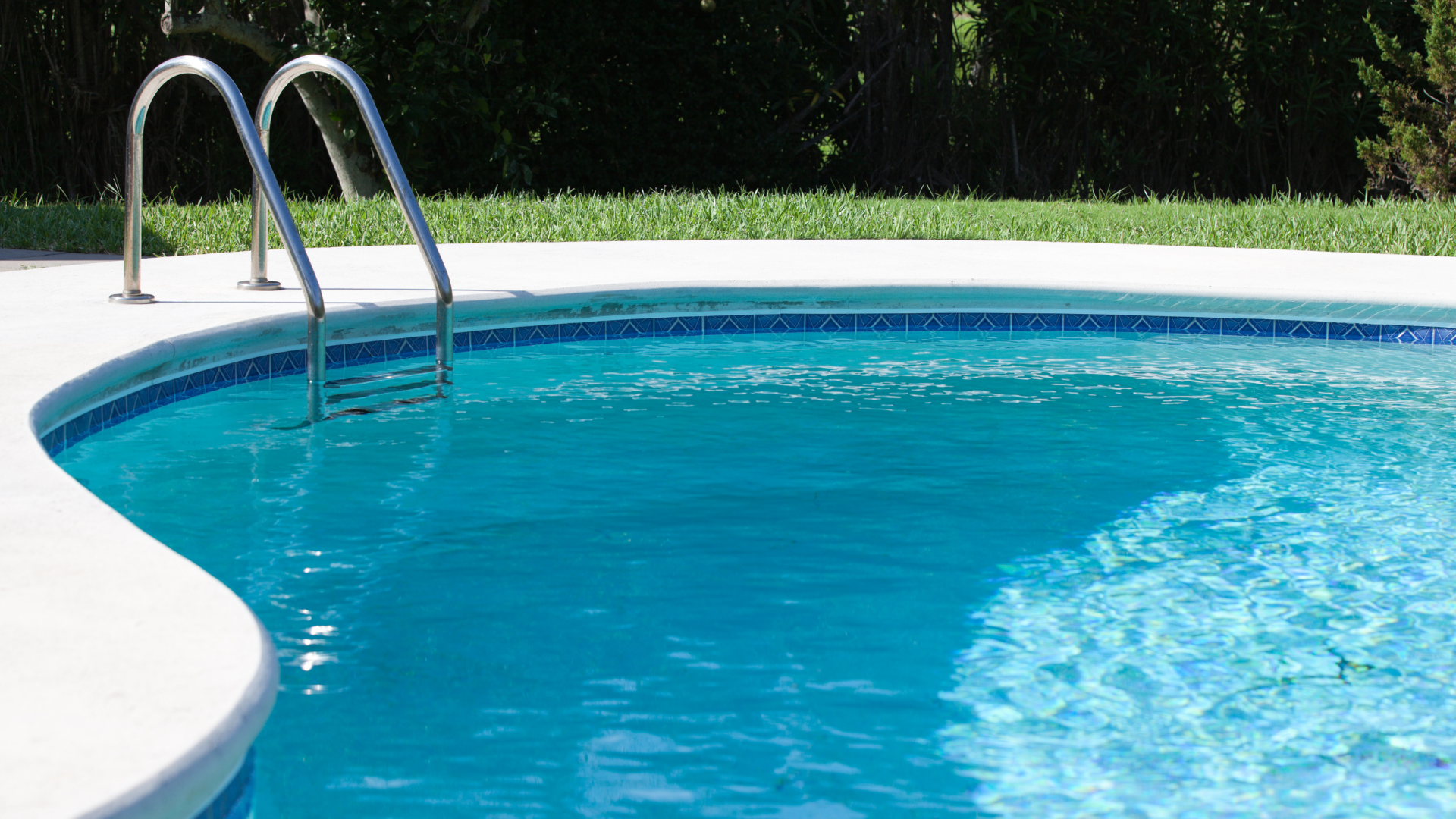
Check Water Levels
Water evaporates naturally, especially during hot and sunny days. If your water level drops too low, your pump could draw in air and risk damage. Use the waterline as your reference point and top off as needed to keep the system functioning properly.
Test and Balance the Water
Proper water chemistry is crucial for swimmer comfort and for protecting your pool surfaces and equipment. Each week, test your pool water for chlorine, pH, alkalinity, and calcium hardness using test strips or a testing kit. Imbalances can cause everything from cloudy water and skin irritation to algae growth and scaling. If you’re unsure how to correct water chemistry, The Pool Chemist is just a phone call away.
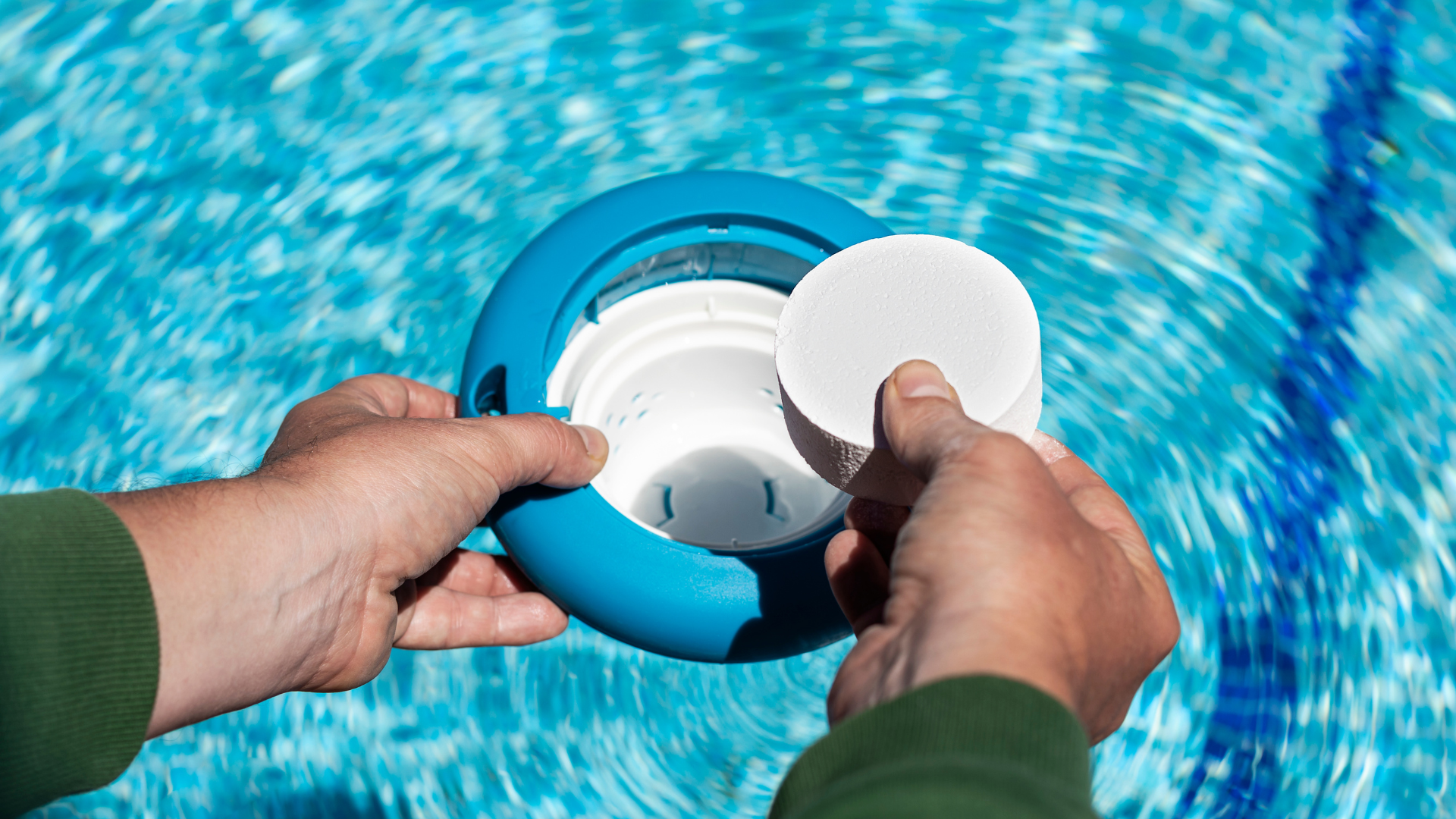
Shock the Pool (as Needed)
After heavy usage, rainstorms, or hot weather, your pool may need a shock treatment. Shocking refers to adding a high dose of chlorine to break down contaminants and restore clarity. While it isn’t necessary every week, keeping shock treatment on hand and applying it as needed is part of a healthy maintenance plan.
Inspect Equipment for Wear and Tear
Take a few minutes each week to visually inspect your pool’s pump, filter, and heater. Listen for unusual noises and check for leaks or cracks. Catching small issues early can prevent expensive repairs down the road.
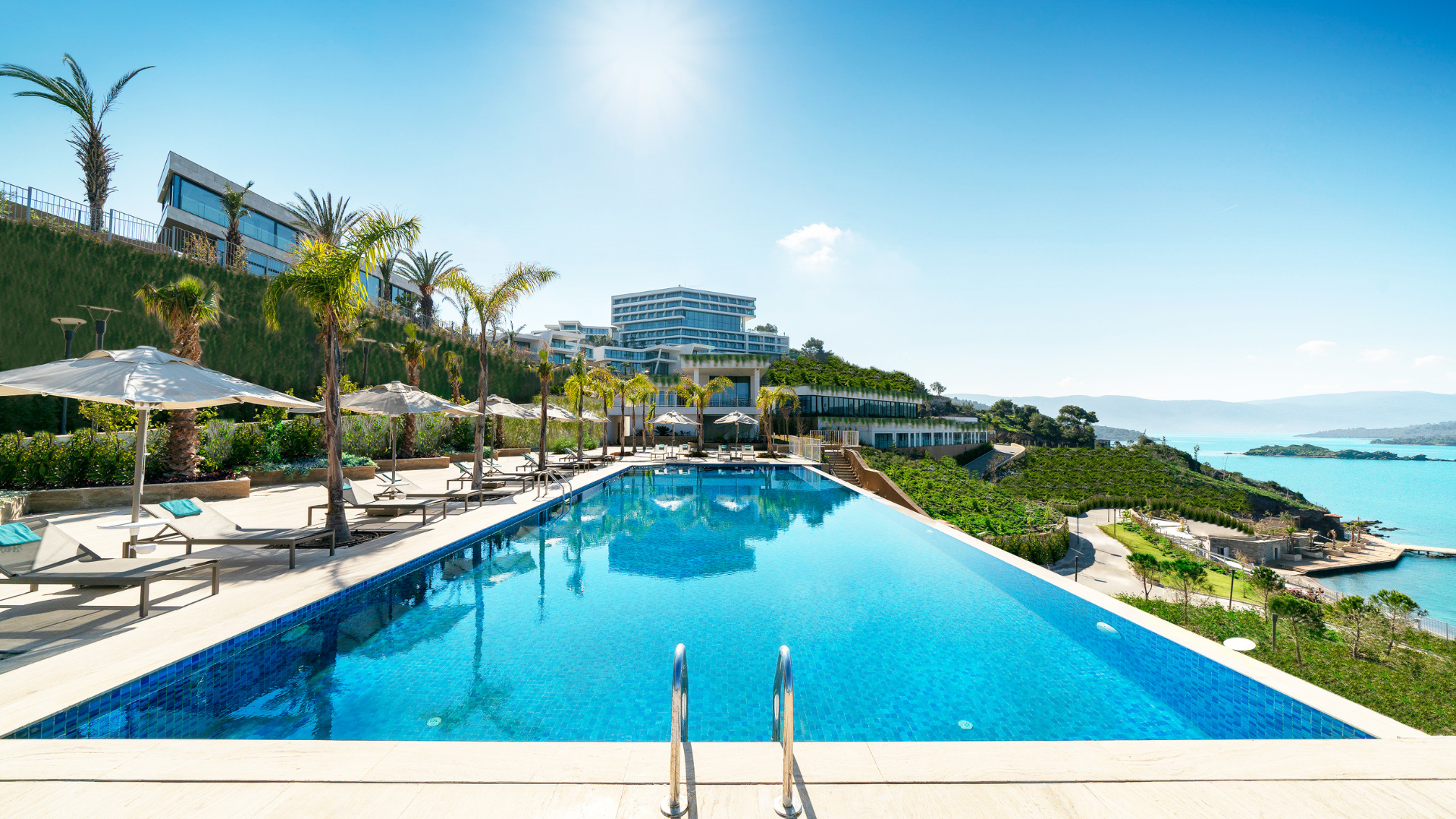
When to Call in the Pros
Even with the best intentions, pool maintenance can become time-consuming—especially if you’re juggling work, family, or travel. That’s where we come in. The Pool Chemist offers comprehensive pool cleaning, inspection, and repair services throughout the Hudson Valley. Whether you need weekly assistance or just a seasonal checkup, our team ensures your pool stays clean, safe, and ready to enjoy.
Let us help you take the guesswork out of pool maintenance. Contact The Pool Chemist today to schedule professional service or to request a quote. With decades of experience and a reputation for excellence, we’re proud to be the trusted name in pool care for Ulster, Dutchess, Columbia, and Greene Counties.
